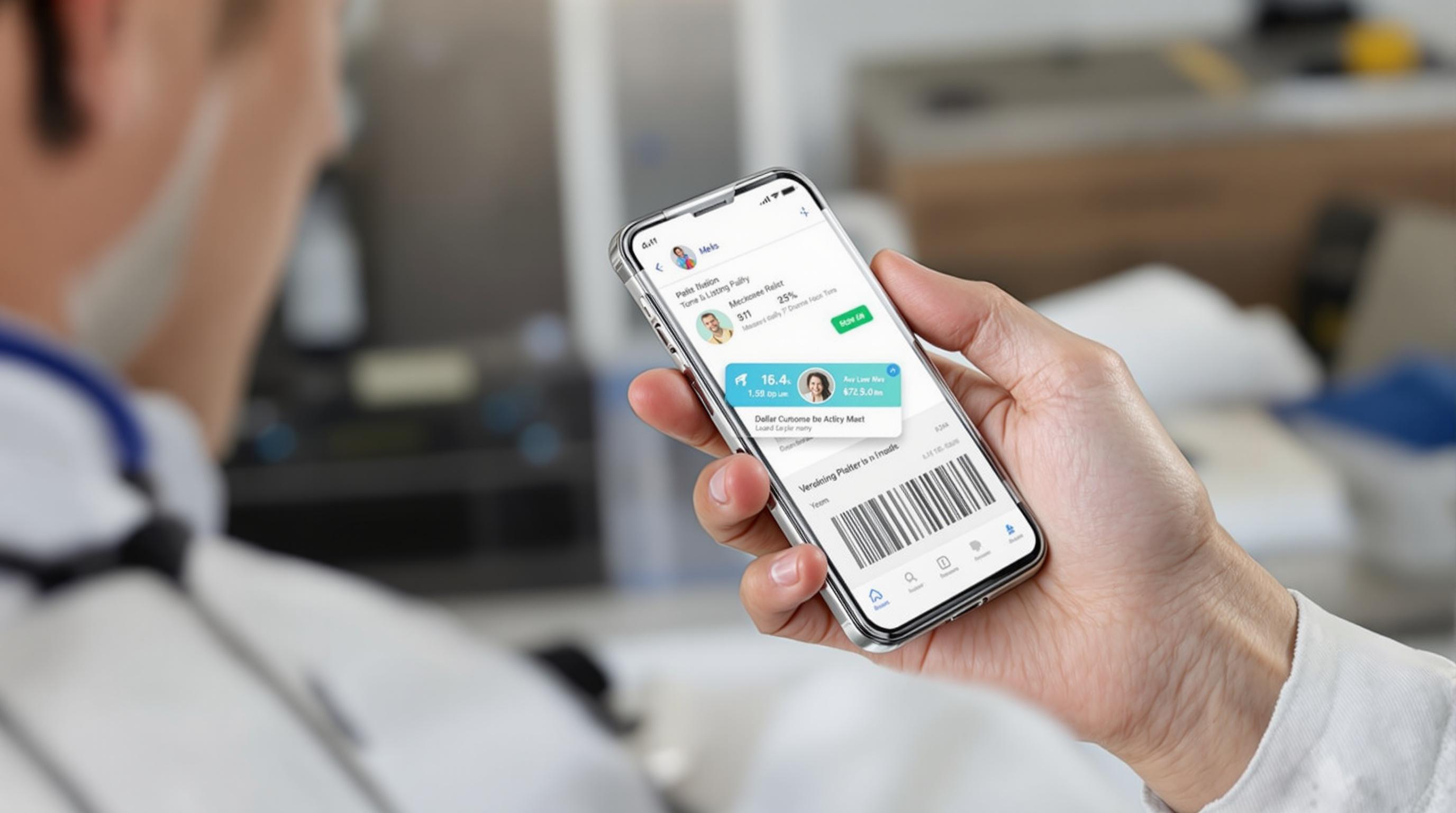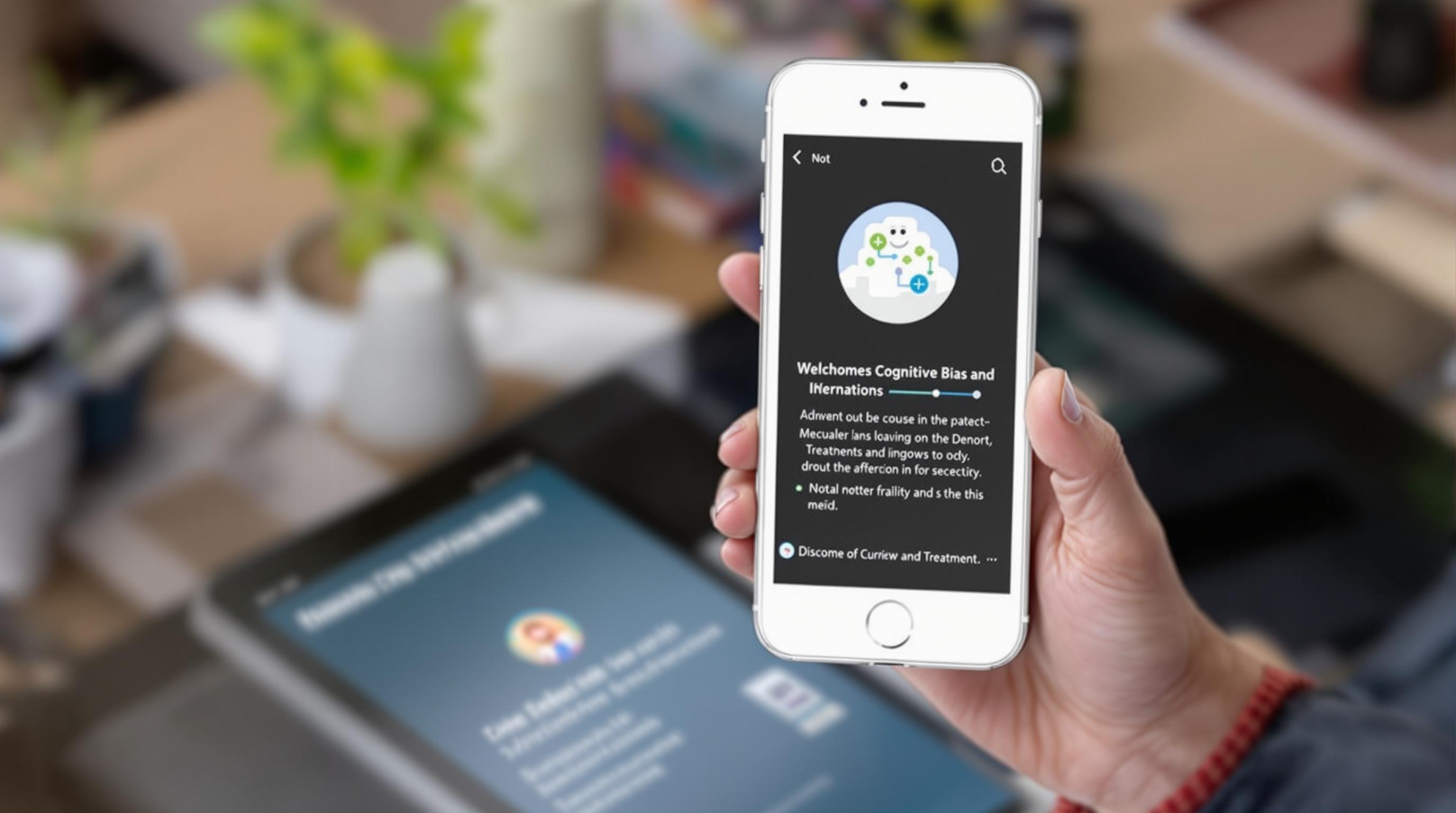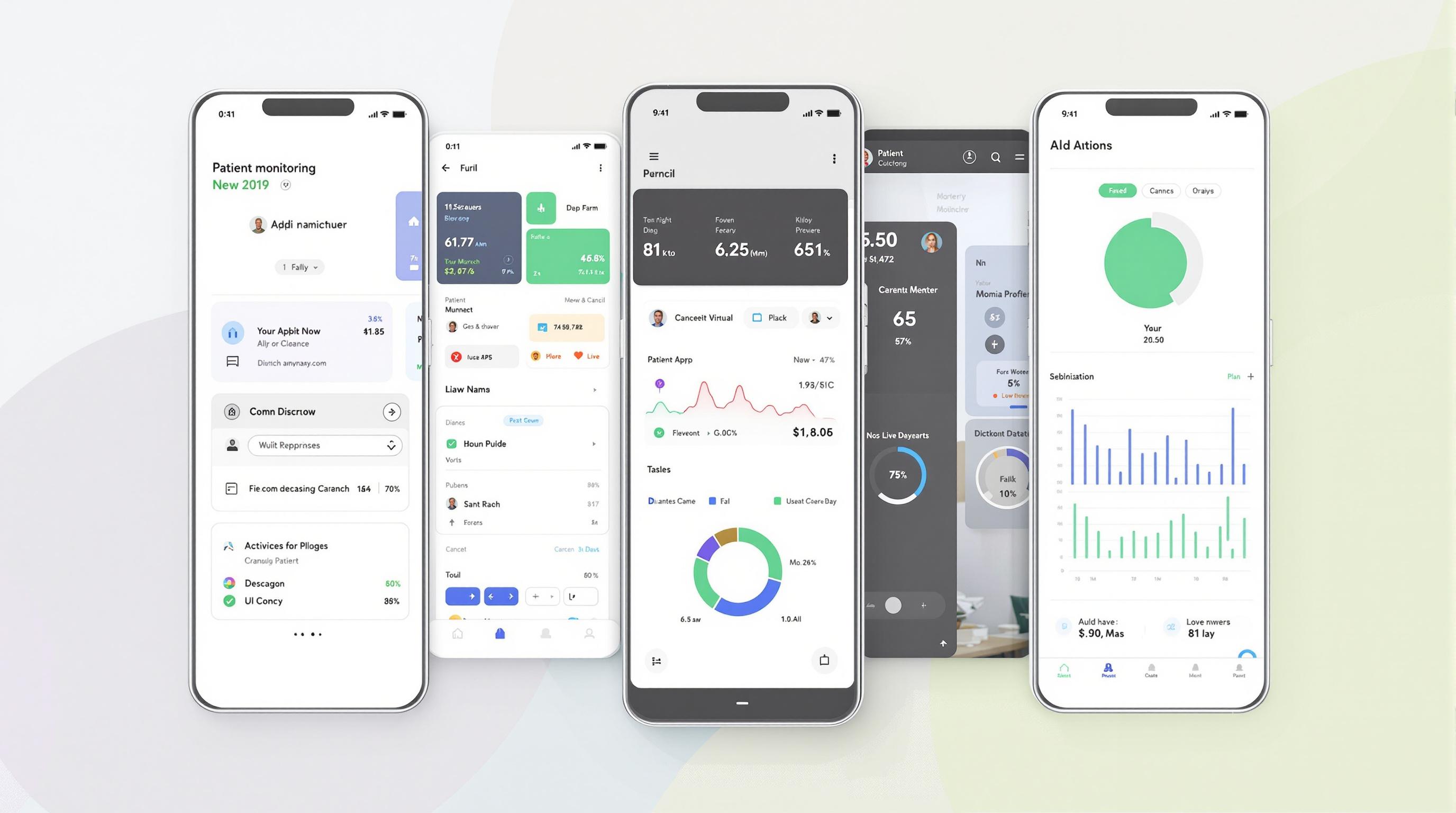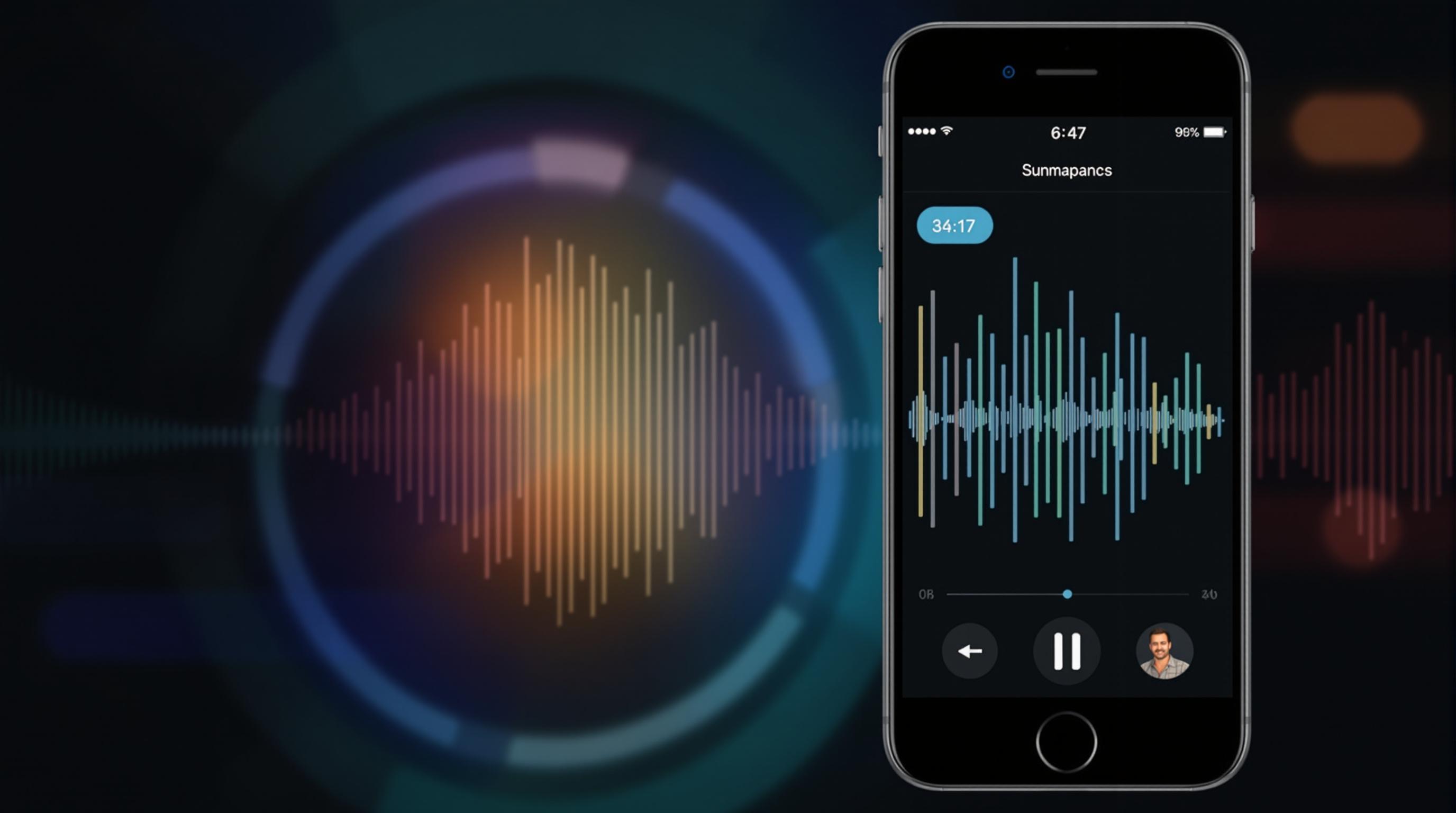Related Articles
- Top 6 Little-Known Medical Apps with User Interfaces That Actually Boost Patient Outcomes
- 5 Game-Changing Fitness Trackers from the Last 5 Years That Outperform Your Expectations
- Top 8 Breakthrough Portable Diagnostic Devices from the Past Five Years Revolutionizing Home Health Testing
- The Quiet Influence of Ancient Medical Records on Modern Healthcare Data Interpretation and Policy Making
- Top 6 Emerging Medical Coding Analytics Platforms from the Last Five Years for Data-Driven Decision Making
- Examining the Impact of Quantum Computing on Future Remote Healthcare Data Defense Strategies
Top 8 Breakthrough Digital Health Platforms Launched Since 2019: In-Depth Feature and Usability Ranking
Top 8 Breakthrough Digital Health Platforms Launched Since 2019: In-Depth Feature and Usability Ranking
Top 8 Breakthrough Digital Health Platforms Launched Since 2019: In-Depth Feature and Usability Ranking
Introduction
The digital health landscape has seen unprecedented growth since 2019, fueled by technological advancements and an increasing demand for accessible healthcare solutions. From telemedicine applications to AI-powered diagnostics, new platforms continue to transform patient care paradigms globally.
This article profiles eight breakthrough digital health platforms launched since 2019 that have reshaped the healthcare experience. Each platform is examined based on features, usability, and overall impact on the industry, offering readers an informed perspective on current innovation trends.
By understanding these platforms' unique capabilities and user-centric designs, healthcare providers and patients alike can make better choices in adopting digital tools suited for their needs.
1. Teladoc Health's Virtual Care Expansion (2020)
Teladoc Health significantly expanded its virtual care platform in 2020, integrating mental health, dermatology, and chronic condition management in a single ecosystem. The platform's key feature is its seamless multi-specialty access for patients, reducing the need for multiple apps.
Usability ranks high due to its intuitive user interface and 24/7 availability, which ensures patients can consult providers on-demand without long wait times. The inclusion of AI-based symptom checkers further enhances decision support.
Clinicians have praised the platform for its interoperability with existing electronic health record systems, streamlining workflow and improving patient record accuracy—a critical element in comprehensive care delivery ([Teladoc, 2021](https://www.teladochealth.com/)).
2. Ada Health's Symptom Assessment App (2019)
Ada Health launched an AI-powered symptom assessment app that uses a conversational interface to guide users through detailed questionnaires. The platform is designed to reduce unnecessary healthcare visits by providing preliminary health insights.
User experience is center stage for Ada Health, offering clear and personalized reporting supplemented by medically-validated content. Its multilingual support broadens accessibility globally, important for diverse user bases.
Research published in the Journal of Medical Internet Research highlights Ada's diagnostic accuracy, reporting it comparable to human physicians in certain contexts ([JMIR, 2020](https://www.jmir.org/2020/4/e13907/)). This validation boosts confidence in its deployment for self-triage.
3. Livongo Health's Chronic Condition Management (2019)
Livongo Health introduced an integrated digital platform aimed at empowering patients with chronic diseases, especially diabetes and hypertension. The platform integrates connected devices with real-time coaching and data analytics.
Its usability is enhanced through gamification elements that motivate behavioral change, plus detailed dashboards that help patients and providers track progress dynamically. The system also incorporates predictive analytics to anticipate health events.
A 2021 study in the American Journal of Managed Care reports significant clinical improvements in patients using Livongo, including lower HbA1c levels and reduced hospitalizations, underscoring the platform's efficacy ([AJMC, 2021](https://www.ajmc.com/view/impact-of-livongo-digital-therapeutics-on-clinical-outcomes)).
4. K Health's AI-Driven Primary Care (2020)
K Health offers AI-driven primary care consultations by leveraging a vast anonymized database of real patient records. The platform delivers personalized diagnosis and treatment plans through a chatbot interface combined with board-certified physician oversight.
The app excels in delivering timely and affordable care, particularly for users without insurance. Its usability benefits from easy navigation and rapid response times without sacrificing medical reliability.
K Health's transparency in data sourcing and outcomes has earned trust among users, positioning it as a strong contender in accessible healthcare innovation ([K Health, 2022](https://khealth.com/)).
5. Babylon Health's AI-Powered Telehealth Service (2019)
Babylon Health combines AI symptom checking with live video consultations to offer a comprehensive telehealth experience. The platform supports triage, diagnostics, and even digital prescriptions, making it an all-in-one solution.
Its design emphasizes simplicity and inclusivity, with features supporting visually and hearing-impaired patients. The AI algorithms continuously learn from new patient interactions, improving accuracy over time.
A collaboration with national health services, such as the UK's NHS, has validated Babylon's impact at scale, though some critiques on AI decision transparency remain in academic discussions ([BMJ, 2020](https://www.bmj.com/content/368/bmj.m811)).
6. Omada Health's Digital Behavioral Medicine Platform (2019)
Omada Health focuses on digital behavioral medicine targeting metabolic disease prevention and mental health support. Combining digital coaching with connected devices, it fosters sustained behavioral changes through personalized programs.
The platform's usability shines through its engagement strategies, including social support groups and adaptive lesson plans that adjust based on user responses. It bridges clinical expertise with everyday lifestyle needs effectively.
Clinical trials confirm Omada’s effectiveness, showing reductions in weight and improvements in mental well-being, making it a valuable tool for preventative healthcare ([Nature Digital Medicine, 2020](https://www.nature.com/articles/s41746-020-0233-2)).
7. Myia Labs' Remote Patient Monitoring Ecosystem (2021)
Myia Labs developed a remote patient monitoring platform that integrates wearable sensors, AI analytics, and intuitive dashboards to help clinicians monitor patients outside traditional settings.
The platform focuses on chronic disease and post-acute care management, alerting providers to early signs of deterioration. Its user interface prioritizes patient engagement with easy-to-understand data visuals and feedback mechanisms.
Myia’s collaborations with healthcare systems demonstrate measurable reductions in hospital readmissions, positioning it as a practical solution for value-based care initiatives ([Myia Labs, 2022](https://myia.com/)).
8. Firefly Health's Virtual Primary Care Model (2021)
Firefly Health revolutionizes primary care access through a fully virtual experience, offering integrated care teams, including PCPs, behavioral health specialists, and care coordinators. The platform facilitates comprehensive routine and preventive care remotely.
Its usability prioritizes seamless communication, with continuous chat-based support complemented by scheduled video visits. Firefly also incorporates social determinants of health into care planning, enhancing holistic care approaches.
Early adopters commend Firefly for fostering patient-provider relationships despite the virtual format, contributing to high patient satisfaction scores and adherence rates ([Firefly Health, 2022](https://fireflyhealth.com/)).
Conclusion and Usability Ranking
The digital health platforms profiled here demonstrate significant strides toward making healthcare more accessible, personalized, and efficient. Each platform reflects unique strengths ranging from AI diagnostic assistance to behavioral health support and chronic disease management.
Based on feature comprehensiveness, patient and provider usability, and demonstrated clinical impact, our usability ranking is as follows:
1. Teladoc Health
2. Babylon Health
3. Ada Health
4. Livongo Health
5. Omada Health
6. Firefly Health
7. K Health
8. Myia Labs
These platforms collectively embody the future of healthcare delivery, emphasizing patient empowerment and integration of advanced technologies to meet diverse healthcare challenges post-2019.




